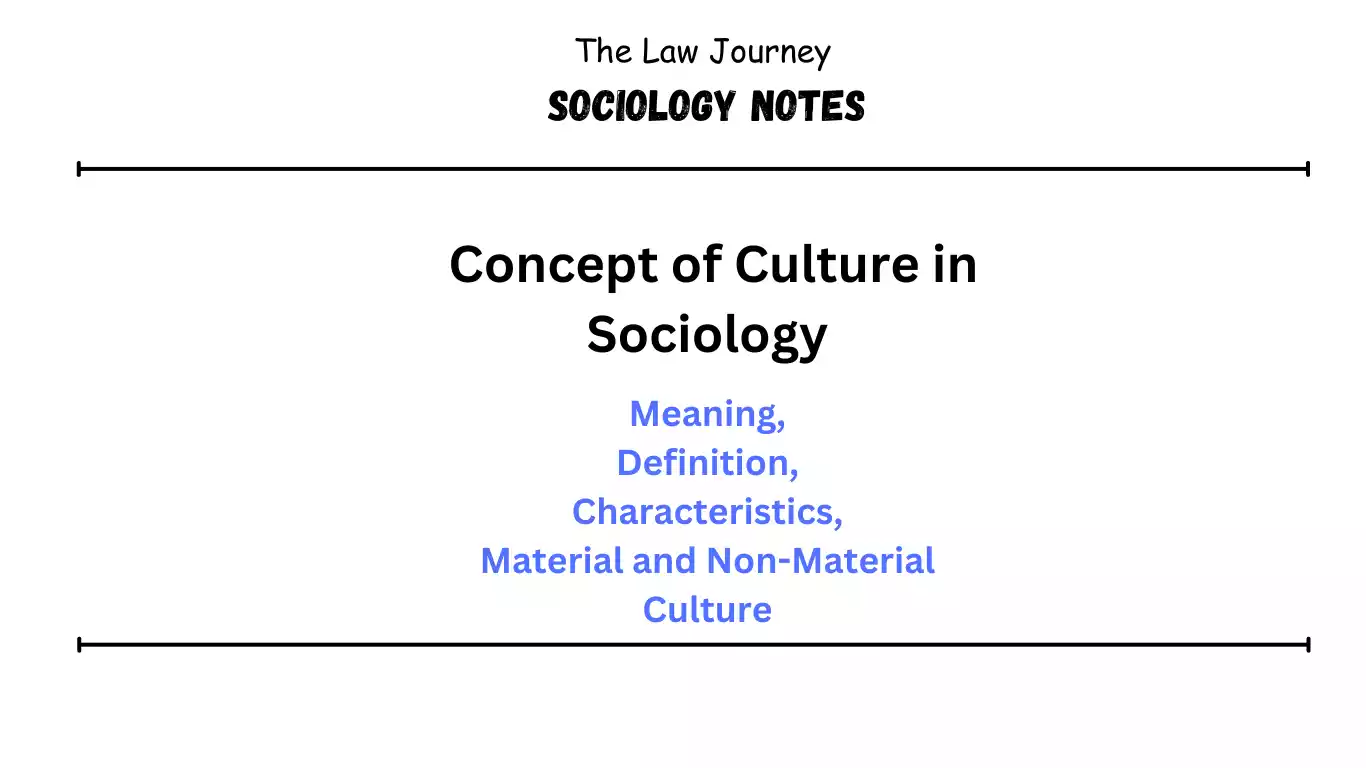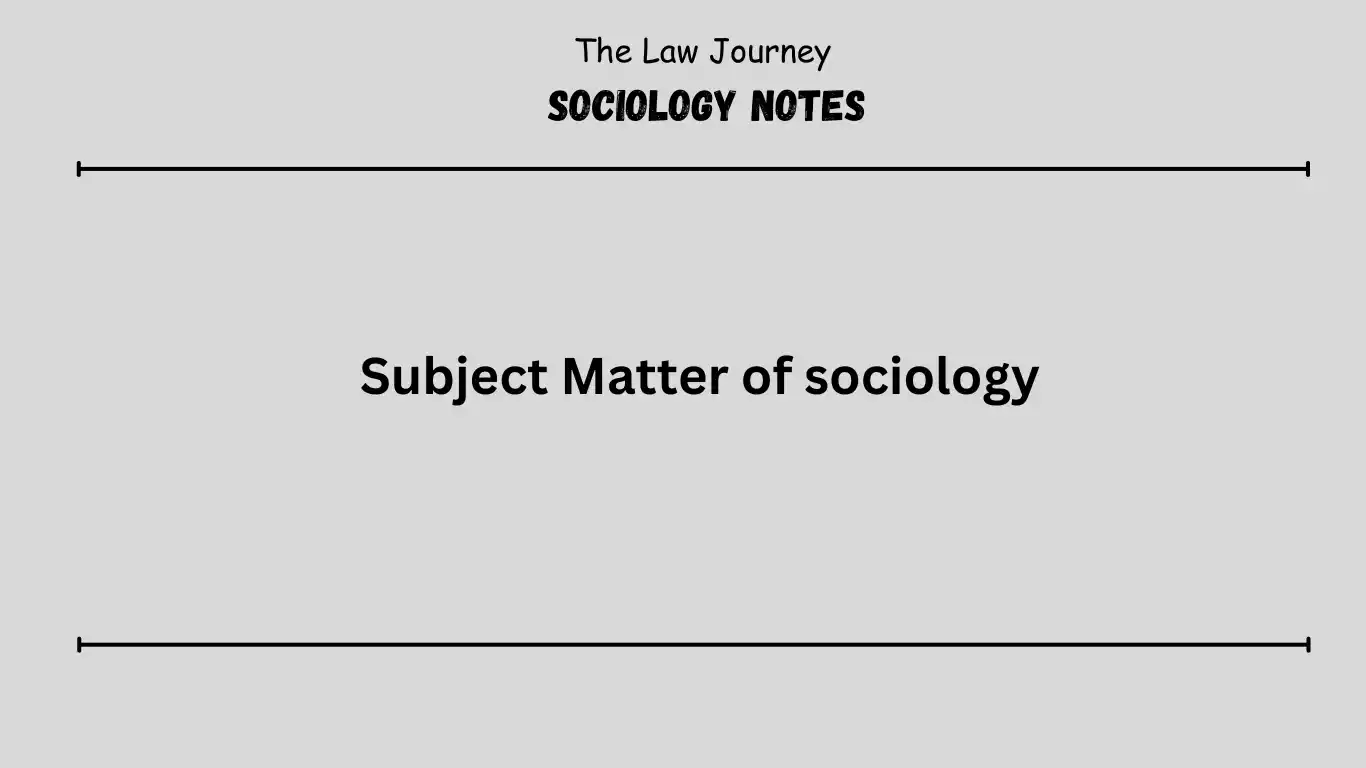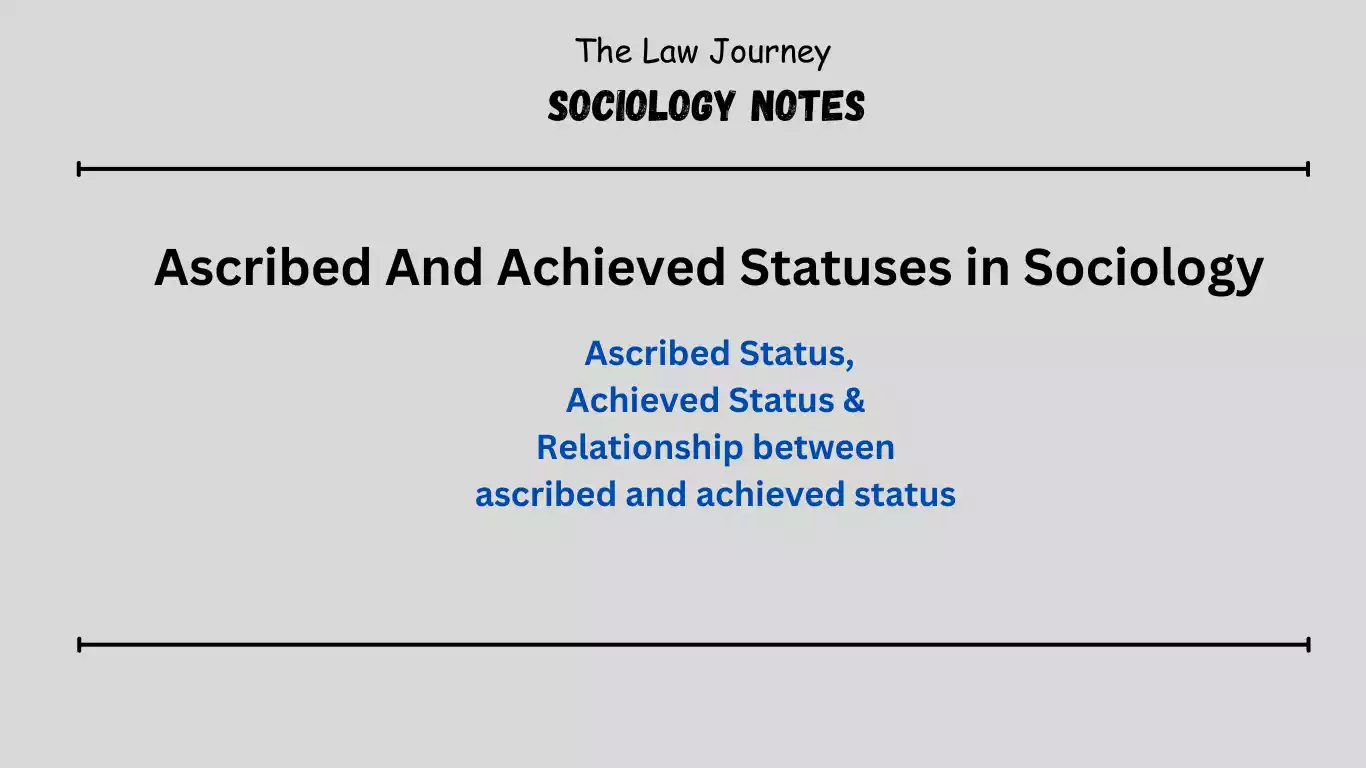
Anshuman Singh Rathore & Ors v Union & Ors. 2024
Anshuman Singh Rathore & Ors v Union & Ors. 2024 – A division comprising Justice Vivek Chaudhary and Justice Subhash Vidyarthi of Allahabad Highcourt has declared the UP Board of Madarsa Education Act 2004 as unconstitutional on 22 March 2024 . Let’s dive into the realm of this case from view of both side Parties…

















